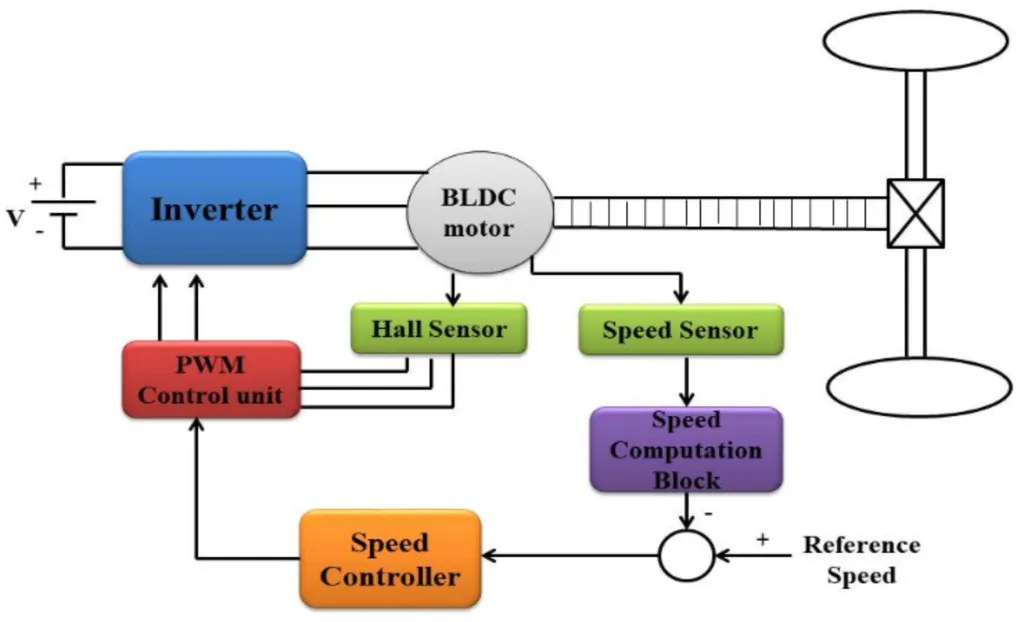In the quest for more efficient and reliable electric vehicle (EV) drive systems, researchers have turned to permanent magnet synchronous motors (PMSM), particularly interior PMSM, for their compact design, lightweight, and high efficiency. However, the performance of these motors can be hindered by parameter mismatches between the actual motor and its model, leading to current static errors. A recent study published in *Green Energy and Intelligent Transportation* (translated as *绿色能源与智能交通*) offers a promising solution to this challenge.
Lead author Lin Shen, affiliated with the Key Laboratory of High Density Electromagnetic Power and Systems at the Chinese Academy of Sciences and the University of Chinese Academy of Sciences, has developed a robust predictive current control approach for PMSM drives. The study initially examined the sensitivity of the finite control set-model predictive current control (FS-MPC) system to the PMSM model’s parameters and assessed the current response characteristics.
“The finite control set-model predictive current control system is highly sensitive to the PMSM model’s parameters,” Shen explains. “This sensitivity can lead to current static errors, which in turn affect the overall performance of the motor.”
To address this issue, Shen and his team proposed a static error elimination algorithm based on a PI controller and particle swarm optimization (PSO). This algorithm adaptively compensates for parameter mismatches, significantly reducing the current static error when combined with the FS-MPC. The resulting error elimination FS-MPC (FS-EEMPC) improves steady-state performance while maintaining the good dynamic performance of FS-MPC, with minimal additional computational load.
The study’s findings have significant implications for the energy sector, particularly in the development of more efficient and reliable EV drive systems. By reducing current static errors, the proposed method can enhance the overall performance of PMSM drives, leading to more efficient energy use and improved vehicle range.
“Our research demonstrates that the FS-EEMPC method can significantly improve the steady-state performance of PMSM drives,” Shen says. “This improvement can translate into more efficient energy use and better vehicle range, which are critical factors for the widespread adoption of electric vehicles.”
The study’s results were confirmed through simulation and experimental comparisons between the FS-MPC and FS-EEMPC approaches. The findings highlight the potential of the proposed method to shape future developments in the field of EV drive systems.
As the demand for electric vehicles continues to grow, the need for more efficient and reliable drive systems becomes increasingly important. The research published in *Green Energy and Intelligent Transportation* offers a promising solution to one of the key challenges in this field, paving the way for more efficient energy use and improved vehicle performance.

